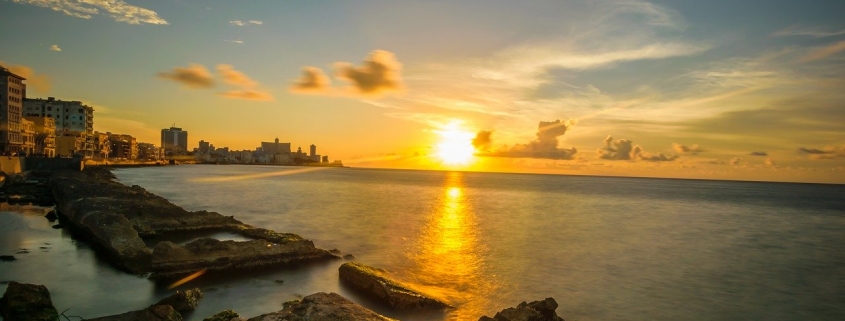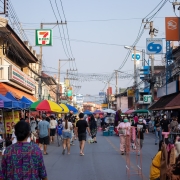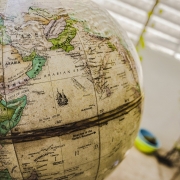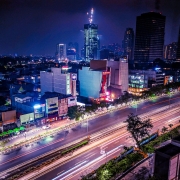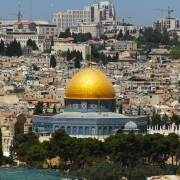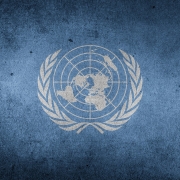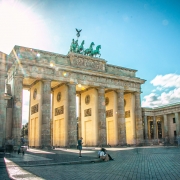Cuban Missile Crisis: Revisited
Topic of Study [For H2 and H1 History Students]:
Paper 1: Understanding the Cold War (1945-1991)
Section A: Source-based Case Study
Theme I Chapter 2: A World Divided by the Cold War – Manifestations of the global Cold War: Cuban Missile Crisis (1962)
Vienna Summit of 1961
After the disastrous Bay of Pigs invasion, Khrushchev and Kennedy met during the Vienna Summit on 4 June 1961. Earlier in February, Kennedy expressed his desire to meet the Soviet leader even though his advisors disagreed, given his lack of experience. Khrushchev perceived Kennedy as a young and inept American leader, given the latter’s failure in the Bay of Pigs fiasco.
Operation Anadyr
Also in June 1961, Turkey and the USA agreed to deploy fifteen nuclear-tipped Jupiter missiles in Turkey. Soviet Minister of Defence Rodion Malinovsky had a conversation with Khrushchev, discussing the capabilities of the Soviet and American missiles.
Malinovsky drew Khrushchev’s attention to the installation of American missiles just over the horizon of the Black Sea in Turkey. He told Khrushchev that the American missiles in Turkey could strike the Soviet Union in ten minutes, whereas Soviet missiles needed twenty-five minutes to hit the United States. Khrushchev then mused on whether the Soviet Union shouldn’t do the same thing in Cuba, just over the horizon from the United States.
Excerpt from “Reflections on the Cuban Missile Crisis” by Raymond L. Garthoff.
In 1962, the Soviets launched Operation ANADYR which involved the delivery of medium-range and intermediate-range missiles and nuclear missiles to Cuba. Interestingly, “Anadyr” refers to the name of a river flowing into the Bering Sea. On the surface, the operation was described as a strategic exercise conducted in the north of the U.S.S.R.
now they would know just what it feels like to have enemy missiles pointing at you, we’d be doing nothing more than giving them a little taste of their own medicine. And it was high time… America has never had to fight a war on her own soil, at least not in the past fifty years. She’s sent troops abroad to fight in two World Wars – and made a fortune as a result.
Excerpt by Soviet leader Nikita Khrushchev from “Kennedy” by Hugh Brogan
A Naval Quarantine
After the U-2 spy plane discovered the missile bases in Cuba that were identified as Soviet-operated, Kennedy made a public address to the American citizens on 22 October 1962. It was intentionally described as a “quarantine” so as to avoid provocations to the Soviets.
…I have directed that the following initial steps be taken immediately:
First: To halt this offensive buildup, a strict quarantine on all offensive military equipment under shipment to Cuba is being initiated. All ships of any kind bound for Cuba from whatever nation or port will, if found to contain cargoes of offensive weapons, be turned back.
An excerpt by American President John F. Kennedy’s Address on the Naval Quarantine, 22 October 1962.
De-escalation: Bilateral exchanges
After the Soviet vessel turned back, Khrushchev wrote a letter on 26 October, offering to remove the missile bases in Cuba only if Kennedy agreed not to invade Cuba. On the same day, Castro sent a letter to the Soviet leader, proposing an attack on the USA.
Given the analysis of the situation and the reports which have reached us, [I] consider an attack to be almost imminent–within the next 24 to 72 hours…
If the second variant takes place and the imperialists invade Cuba with the aim of occupying it, the dangers of their aggressive policy are so great that after such an invasion the Soviet Union must never allow circumstances in which the imperialists could carry out a nuclear first strike against it.
An excerpt from Cuban leader Fidel Castro’s letter to Khrushchev, 26 October 1962.
On 28 October, Radio Moscow announced that the Soviet Union agreed to remove the missiles in Cuba in exchange for the US government’s pledge not to invade Cuba. As such, the Cuban Missile Crisis had finally come to an end.
Evidently, the private arrangements had angered the Cuban leader as he wrote to Khrushchev with much dismay.
I do not see how you can state that we were consulted in the decision you took…
The imperialists are talking once again of invading our country, which is proof of how ephemeral and untrustworthy their promises are. Our people, however, maintain their indestructible will to resist the aggressors and perhaps more than ever need to trust in themselves and in that will to struggle.
An excerpt from Cuban leader Fidel Castro’s letter to Khrushchev, 31 October 1962.
What can we learn from this article?
Consider the following question:
– How far do you agree that the Cuban Missile Crisis was a superpower conflict?
Join our JC History Tuition and learn more about the Cuban Missile Crisis. The H2 and H1 History Tuition feature online discussion and writing practices to enhance your knowledge application skills. Get useful study notes and clarify your doubts on the subject with the tutor. You can also follow our Telegram Channel to get useful updates.
We have other JC tuition classes, such as JC Math Tuition and JC Chemistry Tuition. For Secondary Tuition, we provide Secondary English Tuition, Secondary Math tuition, Secondary Chemistry Tuition, Social Studies Tuition, Geography, History Tuition and Secondary Economics Tuition. For Primary Tuition, we have Primary English, Math and Science Tuition. Call 9658 5789 to find out more.

